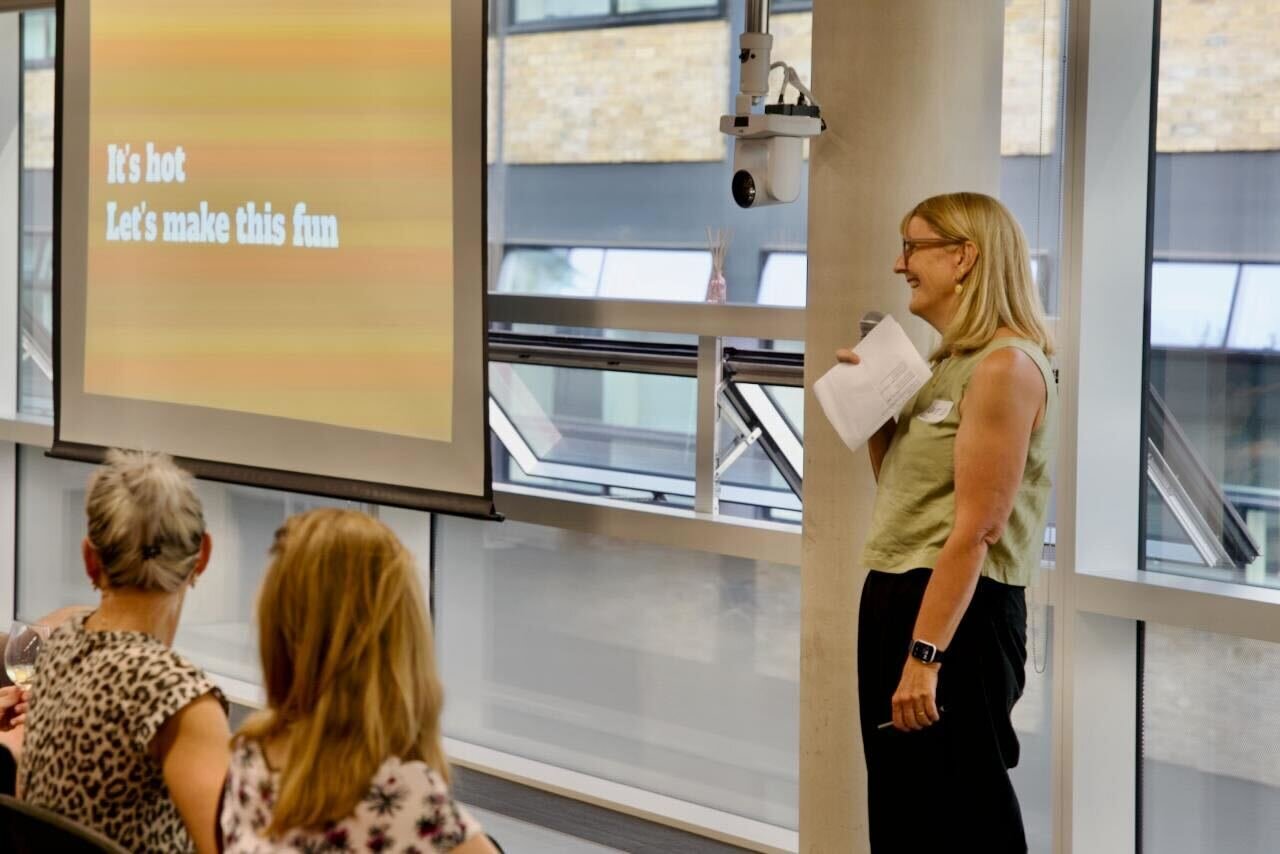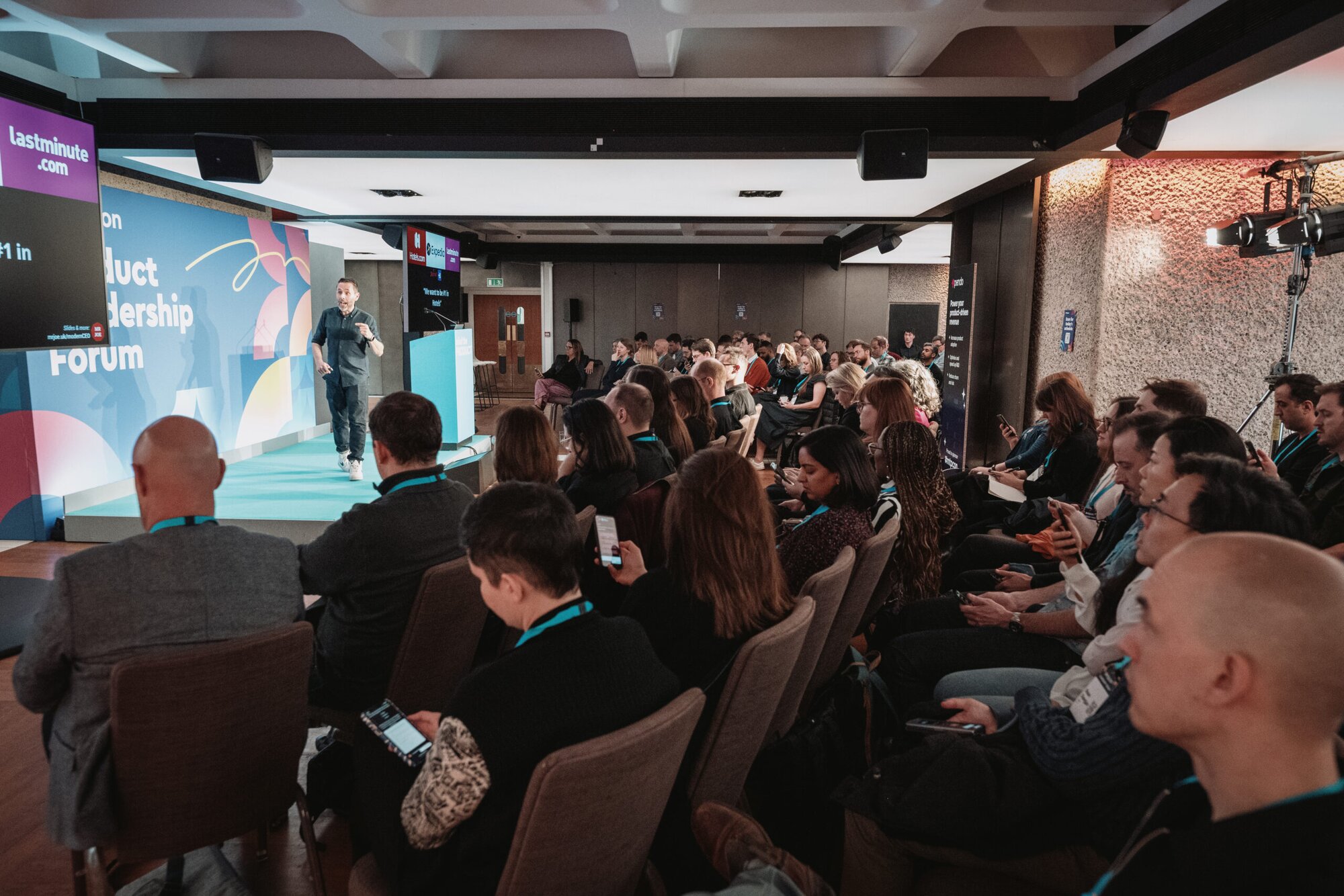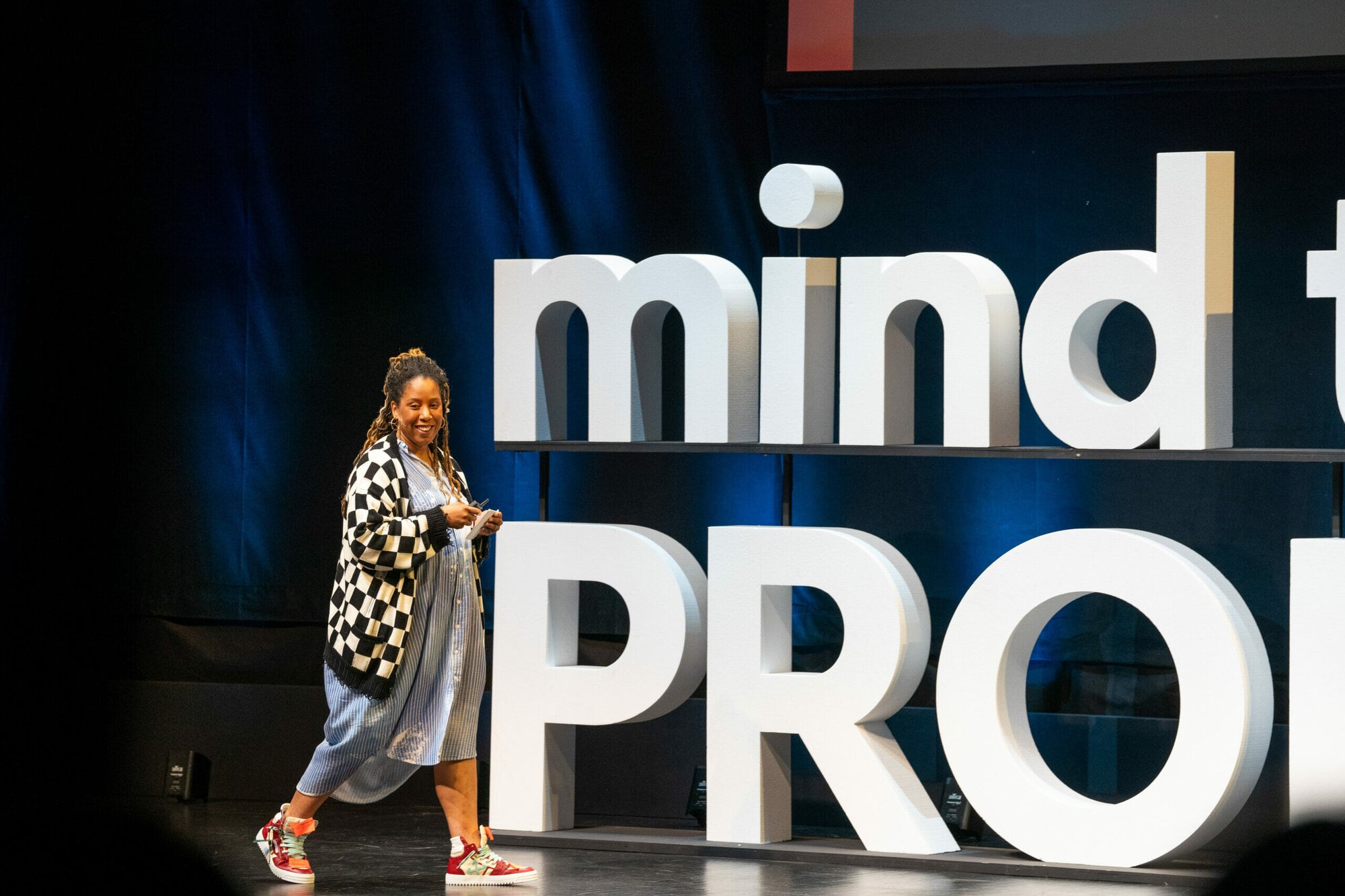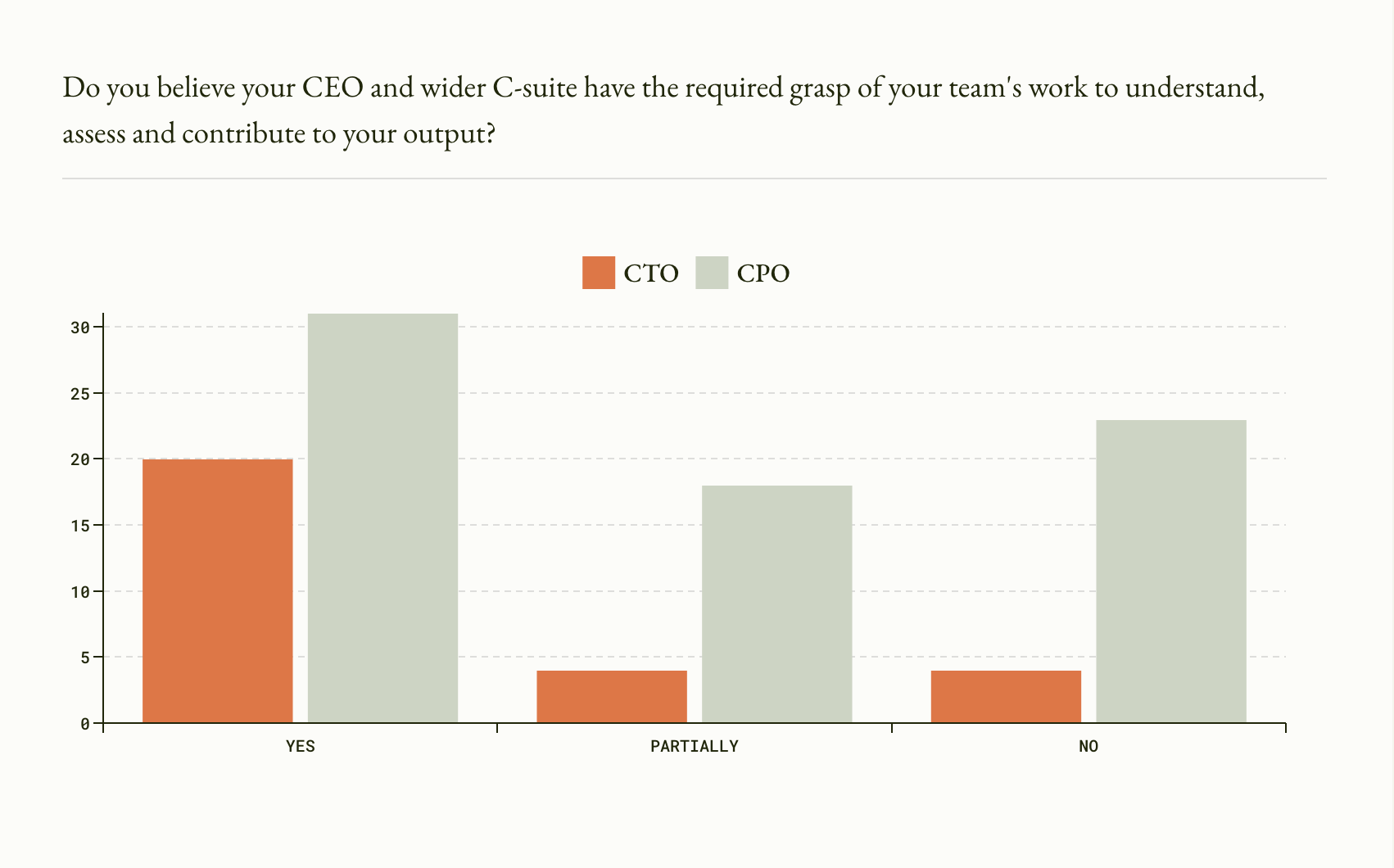We are only nine weeks away from our flagship event, #mtpcon London! What’s more, it’s 10 years old this year, with the first-ever #mtpcon happening in October 2012.
Our London stage has played host to an exceptional group of product speakers over the past decade, so each week in the run-up to this year's event, we’ll bring you the most exciting moments from #mtpcon London in years gone by.
We start with the year it all began. At the 2012 #mtpcon London, Marty Cagan led an incredible session on building products that customers love. Watch the video in full or read on for Marty’s top tips!
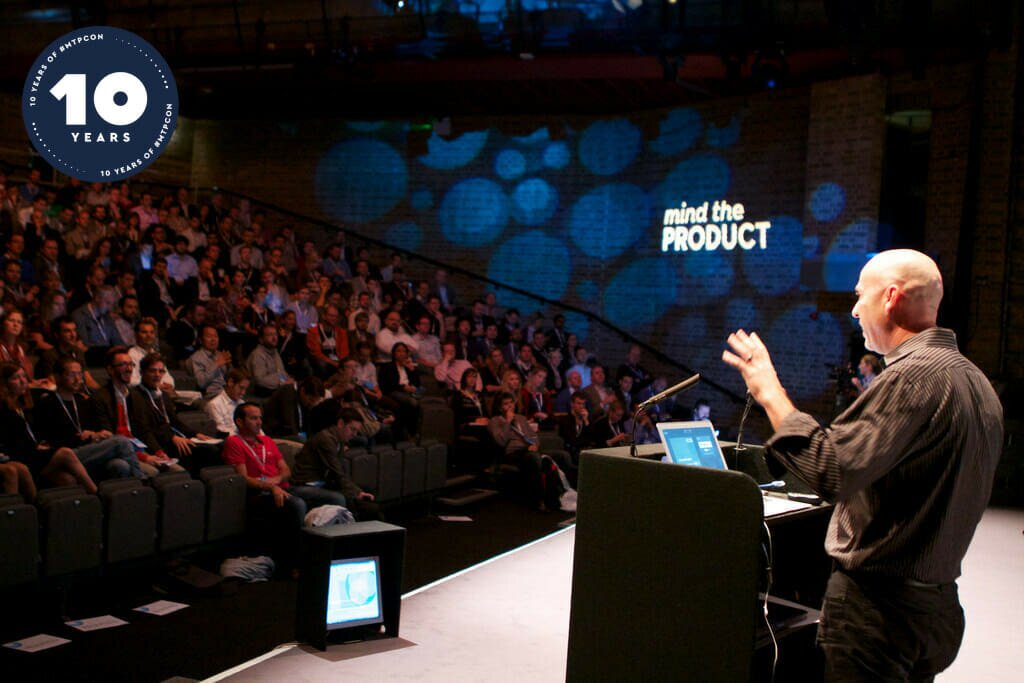
Start with a vision, continue with passion, be driven by knowledge
As with everything in life, you get out what you put in. So it’s no surprise that Marty’s top rule is to begin with vision and passion. We’re talking the sort of vision that extends beyond short term results — the kind that takes at least two or three years to get going. But passion and vision without applied wisdom will get you nowhere fast. Make a conscious effort to nail this and you’ll avoid what Cagan says is probably the single biggest reason for a failed product.
Most of your ideas suck. Deal with it
Ideas don’t work, he says, most often because the customer doesn’t care. “We thought they’d love it but they don’t care. Sometimes because it’s so complicated, it’s just not worth the trouble. That happens. Sometimes it’s just too expensive in terms of time and money to build – so even though we could do it, it’s just not worth it. I know that if [the teams I work with] are not killing at least half their ideas, then what they’re really doing is building and launching only to find out that it doesn’t work. Our job is to get through that cycle and separate the good from the bad as quickly as possible.”
Iterate and validate, at least once a day
Validation can start anywhere from lo-fi prototypes mocked up in Balsamiq to high fidelity prototypes to live data prototypes. Cagan took pains to emphasise the roughness of a live data prototype in comparison to production code.
Great products come from great product teams
You can’t create a dedicated team and then give them a top-down feature-driven roadmap of development. This yields much worse results than the alternative, which is to give that team a set of outcomes that you’re asking them to figure out. Instead of telling them the features in a roadmap, tell them the KPIs that they’re being measured against. What is the result you’re hoping to see? Marty says, “If you give that team these objectives, there’s no guarantee that they will rise to the occasion but it is much more likely that they will because it’s now their product. Their job is to figure out the best way to do it.”
Watch Product Leadership is Hard by Marty Cagan
In a good product team, everyone contributes equally to product discovery
Product, design and engineering work side by side. The biggest source of innovation is typically the engineers, Marty says, especially when the lead engineer is participating in product discovery. And the reason for that is because they best understand the technology and what’s possible. “I’d argue that if you’re just using your developers to code, you’re only getting half their value.”
Product discovery is about culture, not about process
What matters is the culture that you’re putting into place. Let’s say the product manager and the designer disagree, which if they’re good people and they’re doing their jobs well, they will often disagree. Probably the most common disagreement I see is between engineering and design, because there’s often very much a trade off between the optimal experience and how expensive that’s going to be to build out. So what do you do? “In a good product culture, you don’t have endless meetings, you don’t have a bunch of escalations; you test.” Marty says.
Know when to pivot and when to give up
His closing point was to know when to change your idea or give up. Marty says: “I used to talk about pivots all the time, but then we really started to see a problem we bumped into before with teams who tend to give up so quickly. They’re giving up too early. Our job as product managers is to be stubborn on vision, but flexible on details. But sometimes, we have to distinguish vision from illusion; sometimes, it’s just never gonna happen."
#mtpcon London is back this October (13th & 14th) and celebrating its 10th anniversary! Join us for our tried and tested hybrid conference format, for two full days of product inspiration (plus a day of optional pre-conference workshops!). Find out more here.



